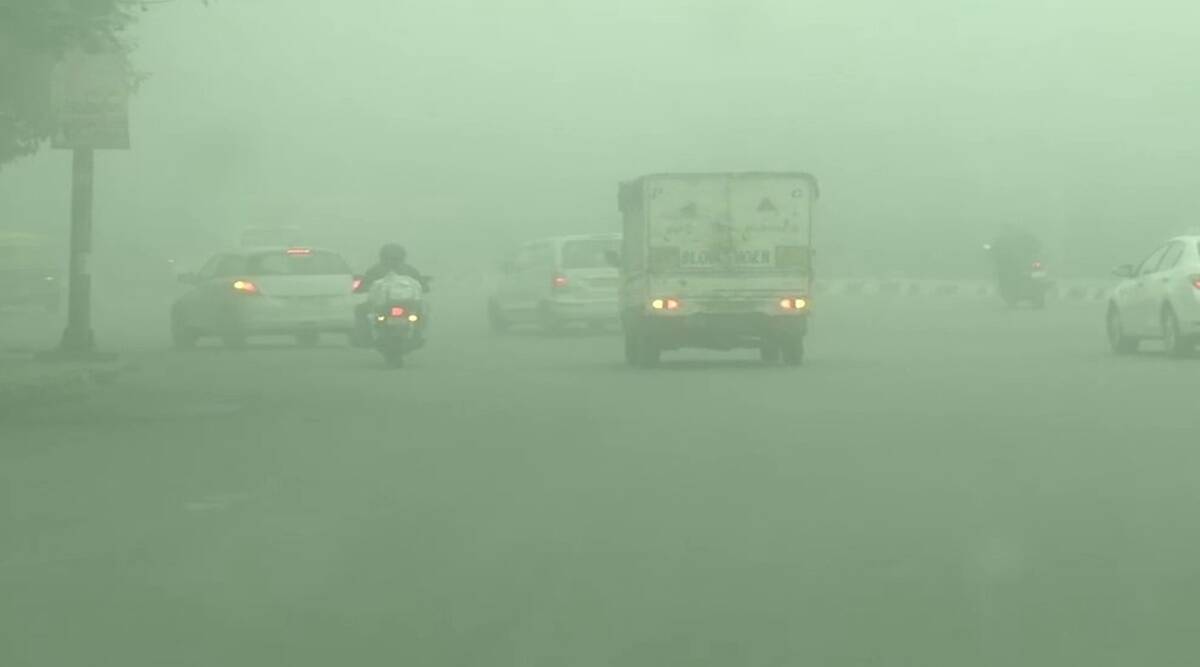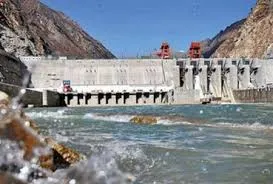The air quality index (AQI) in Delhi was in the “very poor” category on Wednesday morning, a day after it jumped to the “severe” zone for the first time this season due to a combination of farm fires, calm local winds, dust from construction sites, and cool temperatures.
The Central Pollution Control Board (CPCB) reported an AQI of 380 at 8 a.m. on Wednesday. According to the CPCB’s 4pm bulletin on Tuesday, Delhi had an AQI of 424, up from 392 (“very poor”) the day before. The day’s reading is the trailing 24-hour average AQI at 4 p.m. On Tuesday, the Capital’s air quality reached 400 AQI for the first time, making it the most polluted day of the year. The city’s air became more polluted on December 26, 2021, when the AQI reached 459.
At 4 p.m. on Tuesday, 28 of Delhi’s 38 air stations had readings in the “severe” zone (401-500). The remainder were all “very poor” (301-400). The CPCB’s air quality monitors have a limit of 500 and do not detect pollution levels above that level.
Winds were expected to change direction from Wednesday due to the influence of a western disturbance. This was supposed to keep smoke from burning paddy fields in Punjab away from Delhi for a few days while also clearing some pollutants trapped in the air.
An AQI of zero to 50 is considered “good,” 51 to 100 “satisfactory,” 101 to 200 “moderate,” 201 to 300 “poor,” 301 to 400 “very poor,” and 401 to 500 “severe.”
As part of Stage 3 of the Graded Response Action Plan, the Commission for Air Quality Management (CAQM), the body tasked with reducing pollution levels in the National Capital Region (NCR), banned constructions and demolitions (except for Metro stations, railways, and other national-importance projects) on Saturday (Grap).
The commission held a review meeting with the Delhi government and other agencies on Tuesday and requested that efforts to combat air pollution be stepped up. “The meeting was held to monitor the implementation of all pollution control measures on the ground, particularly those under Grap Stage 3.” “All departments under the Delhi government and enforcement agencies have been asked to step up their efforts because the AQI has reached critical levels, and special attention must be paid to pollution hotspots,” said a CAQM official.
The low temperature on Wednesday was expected to be 15 degrees Celsius, with a high of 32 degrees Celsius.























